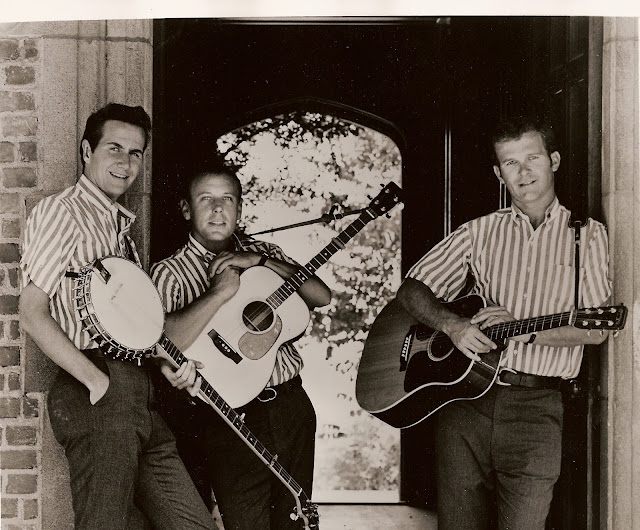
The Kingston Trio: A Timeless Ballad of Peace and Loss
In the early 1960s, a wave of folk music swept across the United States, carrying with it powerful messages of social change and introspection. Among the artists at the forefront of this movement was The Kingston Trio. This American folk trio, known for their close harmonies and acoustic guitar arrangements, captured the hearts of millions with their heartfelt renditions of traditional folk songs and contemporary compositions.
One such composition that continues to resonate with listeners today is “Where Have All the Flowers Gone?”. Released in 1962, this poignant ballad climbed to number 21 on the U.S. Billboard charts, a testament to its popularity and cultural impact. Written by Pete Seeger, the song explores themes of war, loss, and the cyclical nature of life.
The lyrics of “Where Have All the Flowers Gone?” present a haunting and thought-provoking narrative. Seeger paints a vivid picture of a world transformed by conflict, as he asks a series of interconnected questions: Where have all the flowers gone? Where have all the young girls gone? Where have all the young boys gone? The repetitive structure of the song, combined with its simple yet powerful imagery, creates a sense of urgency and foreboding. By tracing the journey of flowers from fields to graves, Seeger underscores the devastating consequences of war and the human cost of conflict.
The Kingston Trio’s interpretation of “Where Have All the Flowers Gone?” is characterized by their signature close harmonies and understated delivery. The trio’s vocal blend, combined with the gentle strumming of acoustic guitars, creates a melancholic and reflective atmosphere that perfectly complements the song’s themes. The arrangement is sparse, allowing the lyrics to take center stage and the listener to fully immerse themselves in the song’s message.
Beyond its musical merits, “Where Have All the Flowers Gone?” has become an enduring anthem of the peace movement. The song’s timeless message of hope and reconciliation has resonated with generations of listeners, from the anti-war protesters of the 1960s to those who continue to strive for peace in the 21st century. The Kingston Trio’s recording of this song has been covered by countless artists over the years, further solidifying its place in the American folk music canon.